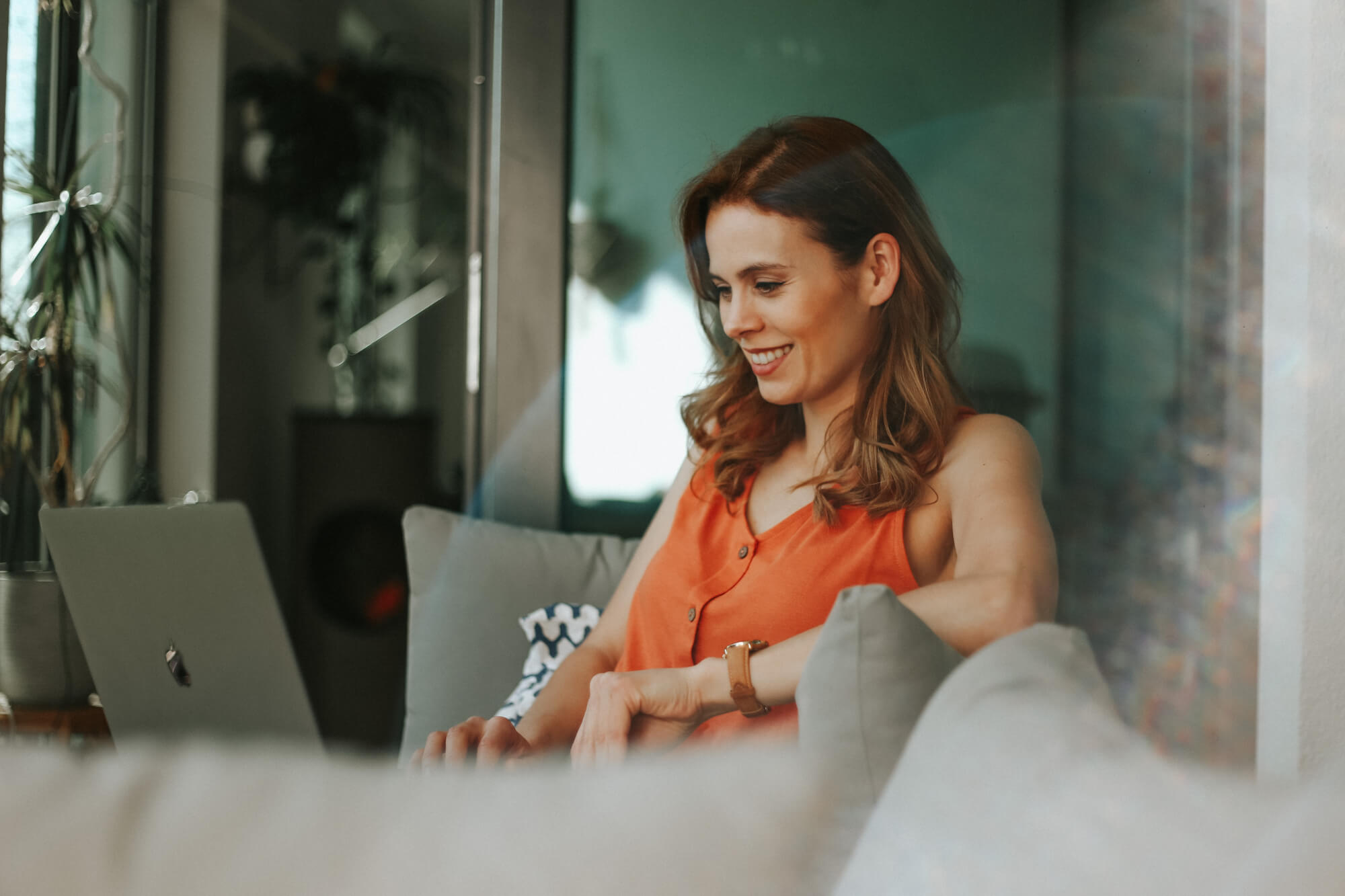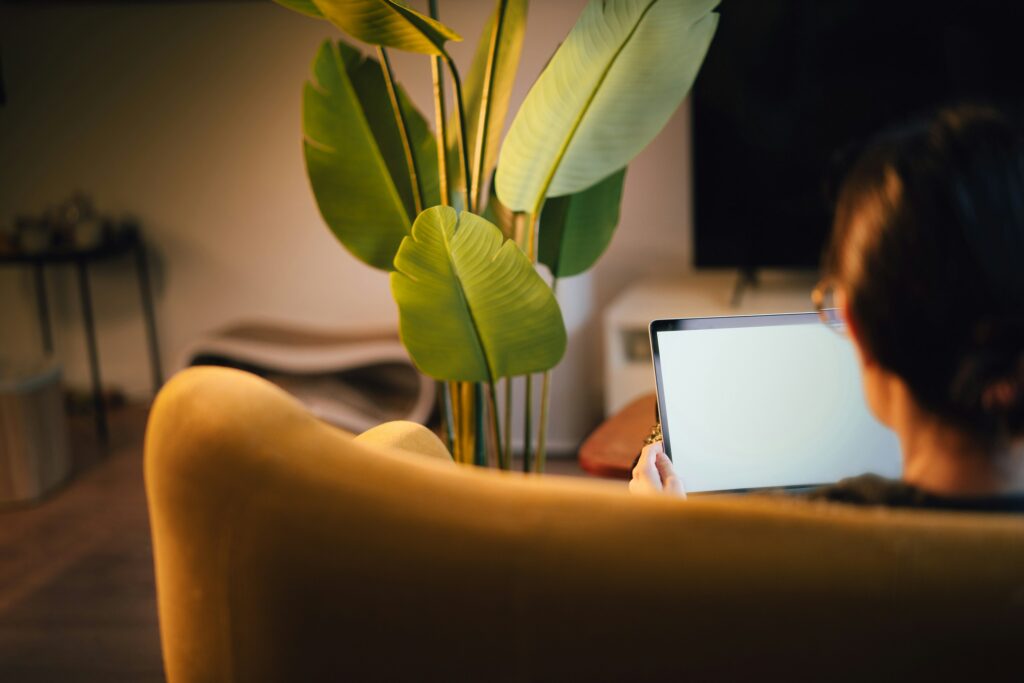
Guided Focusing Sessions
Discover Focusing: a mindful, embodied practice that can help you thrive
through all of life’s changes and choices…
Longing to tune in to yourself?
Many of us spend our lives adrift from our inner wisdom, feeling ungrounded or at the mercy of other’s opinions and ideas.
Instead of following others’ stories about you, and their instructions on how to live and work, there is another way…
You have within you a deep source of wisdom and guidance that can help you:
- feel more in touch with yourself
- gain a sense of purpose
- think creatively about your difficult feelings and concerns without them overwhelming you
- connect more robustly and authentically to others
- make more wholehearted decisions about your work and career
And there’s a simple, structured method for accessing it: “Focusing”, sometimes called “Felt Sensing”. You can learn this in several different ways. A great way to try it out is by experiencing Focusing with a guided Focusing session.
What is Focusing?
Focusing, or “Felt Sensing”, is a simple process of holding a special kind of non-judgemental attention to something that is felt inside. It’s a kind of compassionate inner conversation, combining heart, head, and body.
It is gentle, structured, body based, and helps you access inner wisdom and resources.
Click here to read a bit more about Focusing...
Guided Focusing Sessions
Want to try Focusing? Why not have a guided Focusing session?

I offer guided sessions for:
- people who are completely new to Focusing
- those who want to deepen their practice
- and also for existing “Focusers” who want a session held and guided by a fully trained practitioner
You can use Focusing to think about your career, your relationships, your retirement, or meaningful work. You could use it to deepen your ability to be present for your clients, to be a better parent, to be more creative or confident, or to make big, or small life changes.
Focusing is not therapy, though Focusers often report feeling better about their challenges after a session.
Read on to find out more about what happens in a guided session, or jump to see how to book a session…
What happens in a guided Focusing session?
This is partly dependent on how familiar with focusing you are. And partly dependent on what you need.
- In a guided session with someone new to Focusing, we’d spend a little time at the beginning discussing your topic/issue, and I’ll explain what the process will look like. Then I’ll guide you through the 4 phases of Inner Relationship Focusing (more details below). There will be time at the end to ask questions, but you are welcome to pause and ask questions at any point.
- For someone who is already somewhat familiar (or very familiar) with Focusing we’d normally spend a short time at the beginning talking about what kind of session they’d like, what kind of guiding they prefer, and also what topic they’d like to work with.
- In both cases there’ll be 5-10 minutes at the end for feedback (if desired). We’ll take about an hour altogether for the session.
Although the Focusing session will be guided by me, the session is very definitely yours and you are free to dip in and out of the Focusing process, and/or stop to ask questions or make notes, at any point in the session.
Focusing works well with many writing practices. You’re more than welcome to make notes about what comes to you during the session as we go along, although it’s not necessary to write anything at all.
The Steps of Focusing
Dr Gene Gendlin, who originated the process, taught it in 6 steps and many Focusing teachers still teach it in this way.
Ann Weiser-Cornell and Barabara McGavin further developed Gendlin’s methods, developing a Focusing approach called Inner Relationship Focusing. This is the approach I teach*. It uses 4 steps, or phases.
When you have a guided session as a new Focuser, I will be guiding you through the 4 phases of Inner Relationship Focusing as outlined below.
There are several other variations on Focusing and how to teach it, that you may have come across, or you may come across in the future, on your journey as a Focuser.
All of these different methods point to the same thing – how to access and develop your felt sense in a way that leads to positive change, more life satisfaction, and more creative solutions.
The steps are not the process. The steps help you find the process. I think of the steps as a bit like when a diver uses a guide-rope to guide them down to the seabed. Once you have found it, you don’t need to hold so tightly to the guide-ropes.
*NB If you are already a Focuser, I’m happy to follow/listen/support you in whatever way you wish in our session.
Inner Relationship Focusing Phases
- Coming-in: bring attention to the inner world
- Making contact: meeting something inside, acknowledging it
- Deepening contact: developing a relationship with what is there; symbolising/describing; resonating/checking if the words that come describe it well; sensing for how it feels
- Coming-out: receiving what came; thanking your body; returning to everyday world
The Classic 6 Steps
- Clearing a space
- Finding a felt sense
- Getting a handle
- Resonating and checking
- Asking
- Receiving and Thanking
What else would it be helpful to know?
Focusing is a contemplative practice in which you focus on what’s happening inside. I offer sessions via Zoom, so it’s important that you can be somewhere private where you won’t be disturbed. So a cafe or similar is unlikely to be a good place to choose.
Many people close their eyes when Focusing, but you don’t need to. It can often help but I can support you in finding other options. You can of course open your eyes at any time.
If you’re new to Focusing it’s a good idea to bring a specific situation to work with in the session. It doesn’t have to be a big issue, although it can be. It also doesn’t have to be a “problem” thing. You could, for example, focus with how you’re feeling about a new relationship, or to gain insight about a job that you love doing.
Once you’ve booked a session, I’ll send you my “Guidelines for a Guided Focusing Session” which will explain the steps of the process in more detail. This is for background – you don’t need to learn it as I will guide you through the whole process.
If you’ve any questions give me a shout. Or, if you’re ready to book, click the button below. You can do both, of course!

How to book a guided Focusing session
Guided sessions normally take place over Zoom, but can be via telephone if you’d prefer. If you’re local to me in Central Scotland, in person sessions are sometimes available. Please ask for details.
Guided Focusing sessions cost £55 and last about an hour. To book, click the button below. You’ll be taken to my calendar where you can pick a time that works for you. I’ll then be in touch to arrange payment.
You can also get in touch here to discuss guided Focusing sessions and what you might be looking for from them.
About Me
I’m a fully trained Focusing Practitioner, qualified through the British Focusing Association (BFA).
I’m also a fully qualified coach with 20 years of experience in working with people and I hold a Diploma in Counselling using the Person-Centred Approach.
I’ve recently completed a 6 months certificate course in the Felt Sense Polyvagal Model, developed by Jan Winhall. Currently I’m also continuing my professional Focusing training and am being mentored to the next level of teaching Focusing to groups and offering the BFA Focusing skills Certificate..
Interested in learning Focusing (felt-sensing) beyond having a guided session?
Guided Focusing sessions can be a way to learn Focusing because you’re guided through the steps.
I also offer some introductory workshops. There’s one coming up in September 2024 – check it out….
And a more comprehensive training, which is for people who are interested in using Focusing regularly in their lives, and/or getting a Focusing Partner, is coming up. I’m gathering names now with the intention of beginning early 2025. Register your interest here:
If you’ve any questions or want to make an enquiry, get in touch through my contact page. I’ll get straight back to you.
I’ve written more information about Focusing here….
Or visit the International Focusing Institute’s website. This contains a great deal of information about Gendlin’s work on Focusing, the Philosophy of the Implicit, and Thinking at the Edge. Find it here…